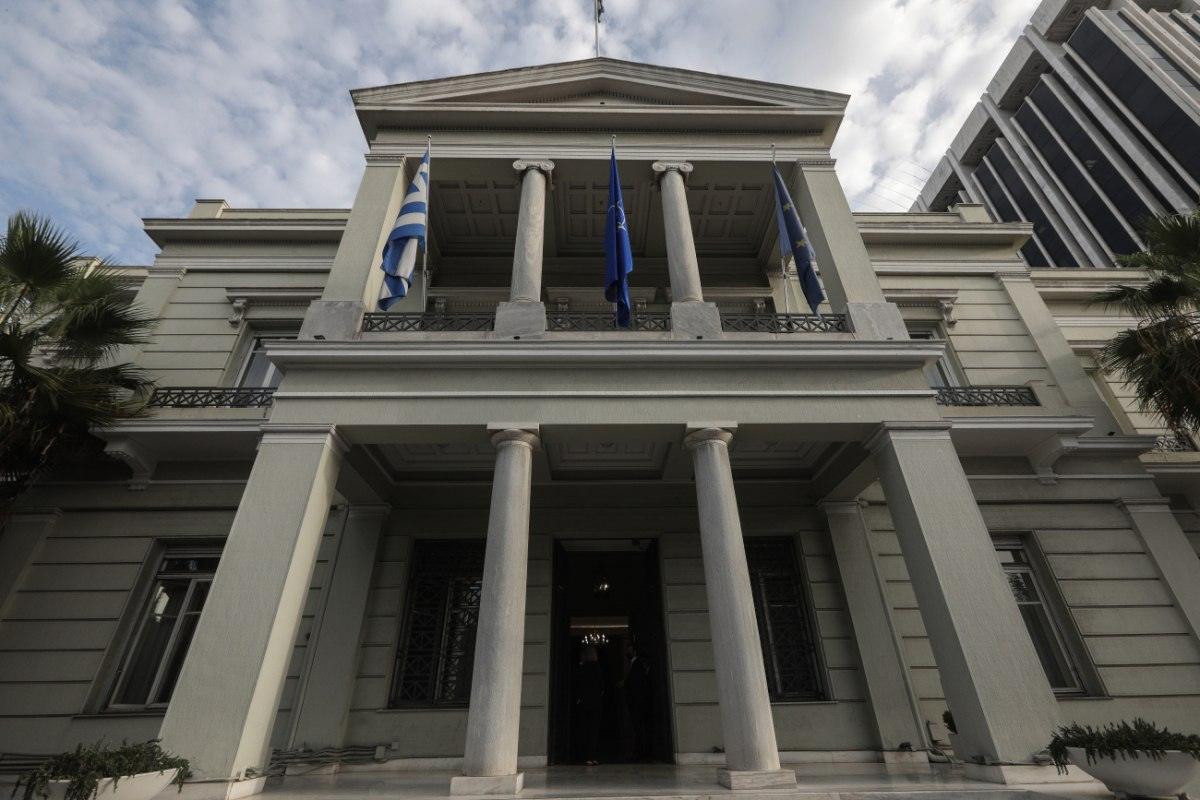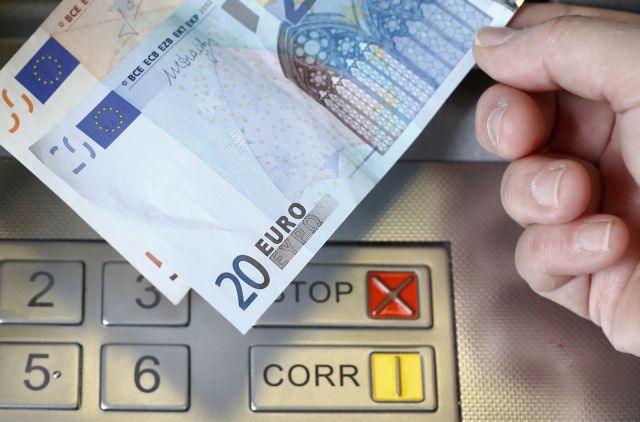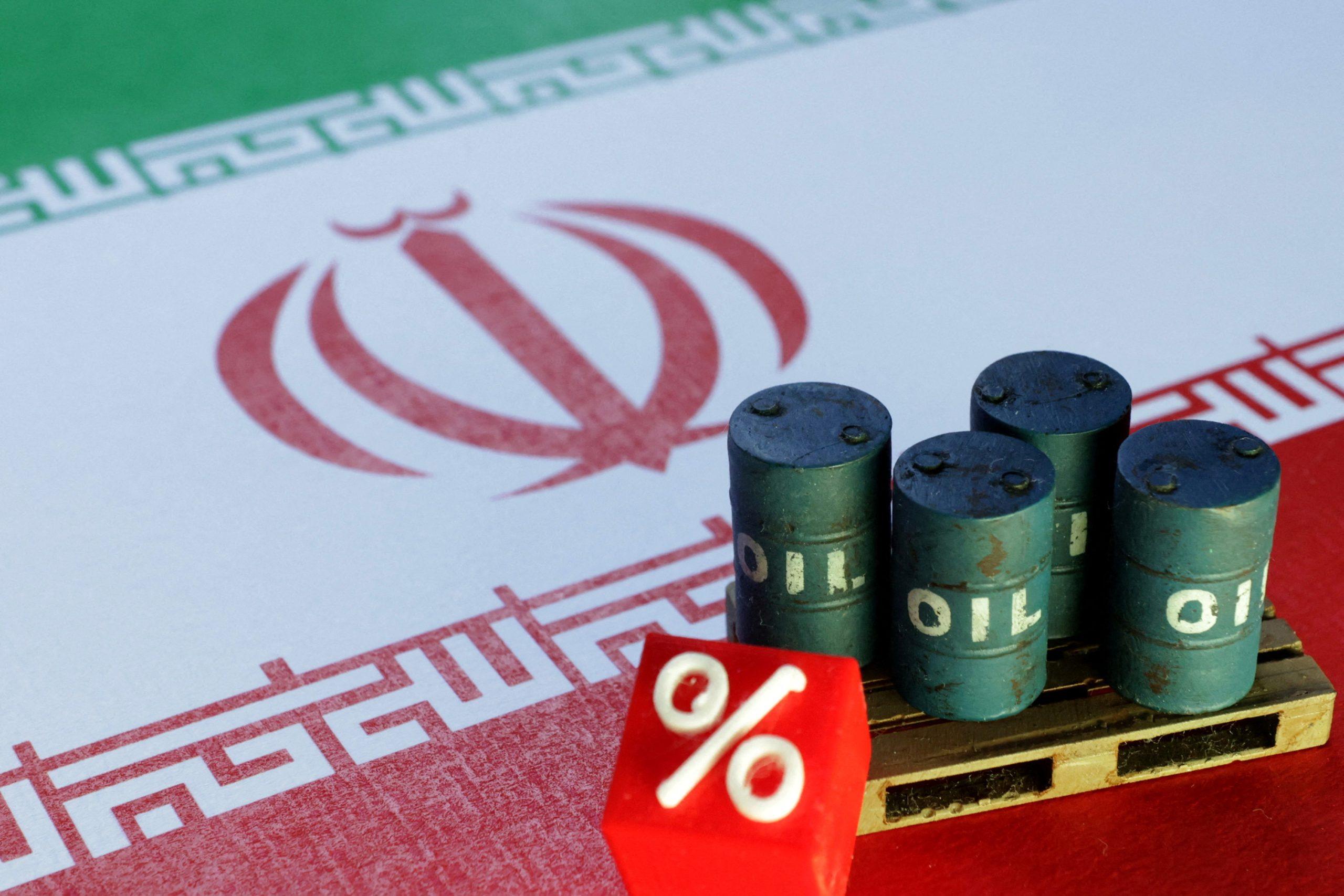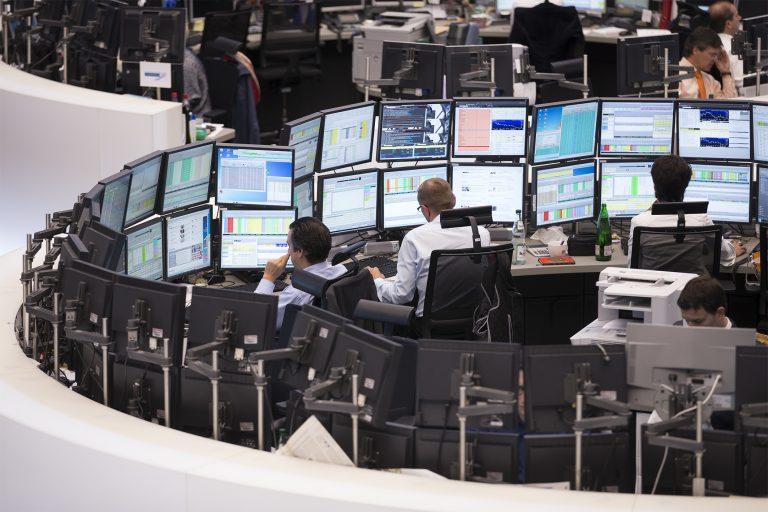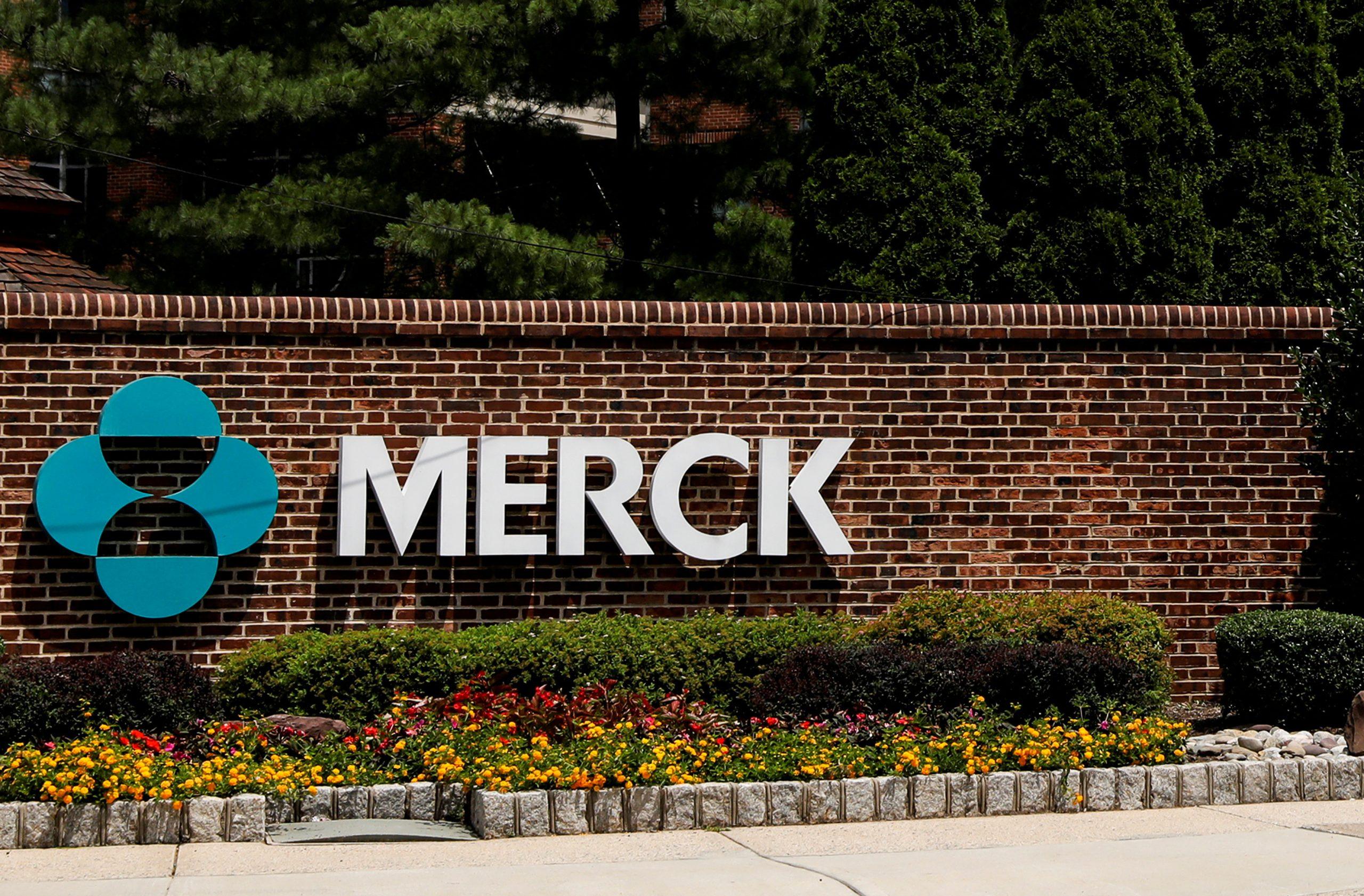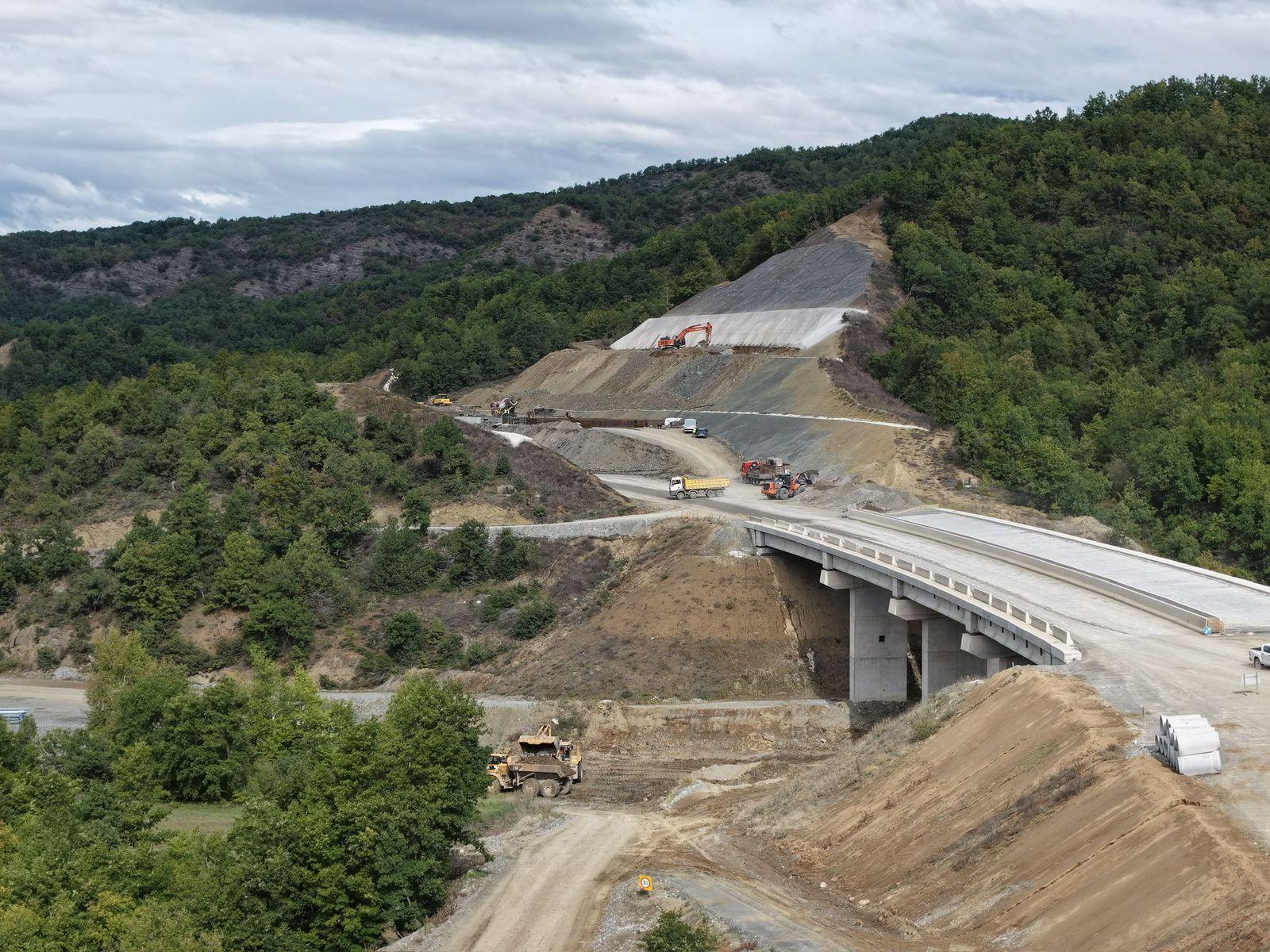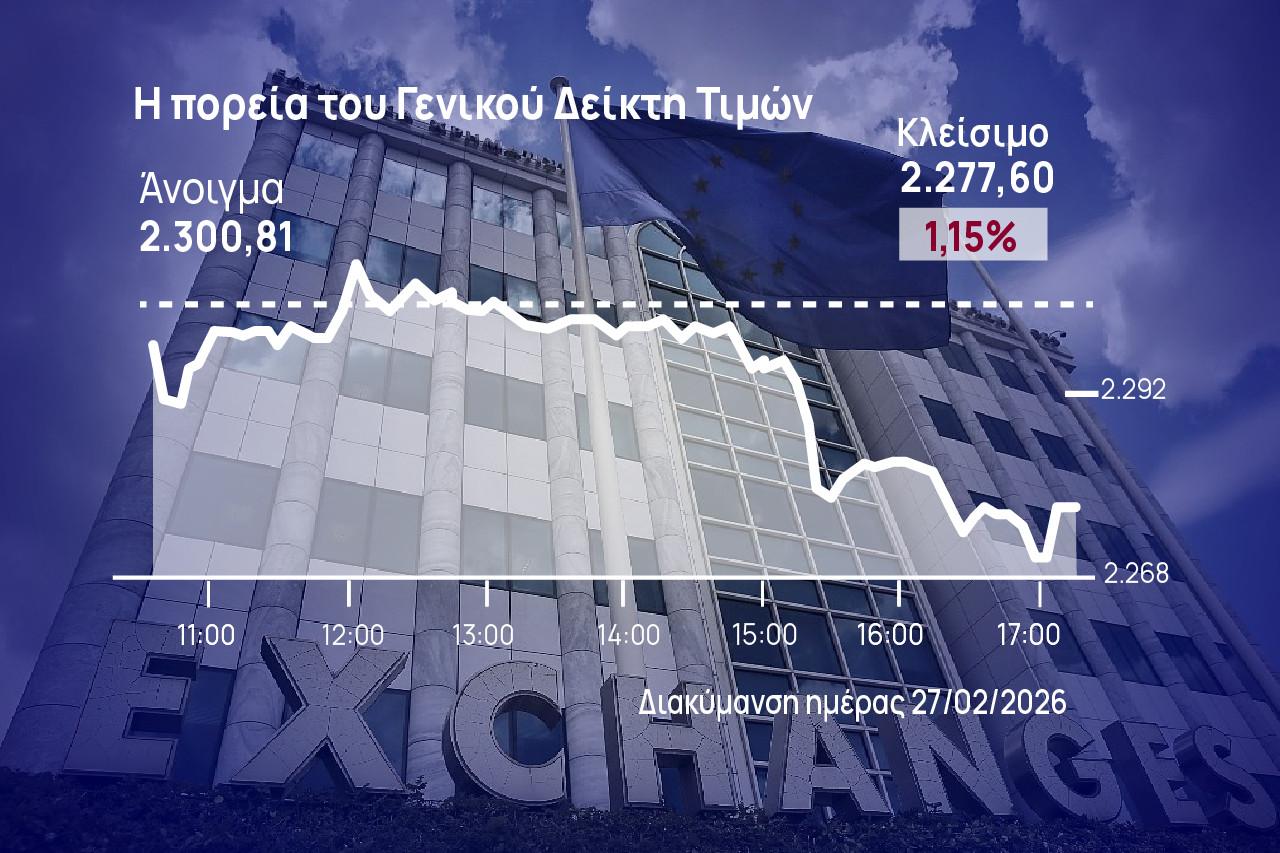The government, businesses and households are in a conundrum over the wave of price increases that is unfolding in Greece as a result of the international energy crisis.
The government may have already allocated almost 7.5 billion euros to date to limit price increases related to energy and fuel costs for households and businesses, but it seems that the ongoing price rally is exhausting any effort to relieve at least the economically weaker while at the same time creating risks to the entire economy.
The wave of inflation has swept businesses and households in the last year. Within a year, specifically between September 2021 and September 2022, the prices of natural gas increased by 332%, electricity by 30.5%, dragging with them the prices of a series of basic products and services.
Inflation at 12%
With inflation at 12% and increases in meat, dairy, oils, transport services being in double digits in the month of September, businesses and households are facing significant liquidity problems and talk of an inevitably difficult winter ahead.
More than a few households now choose to cover their obligations for energy and supermarket items and postpone obligations to the State, insurance funds and banks or redefine their decisions about possible purchases and even investments. In fact, the fear of a new generation of overdue debts is visible as the increase in inflation “gnaws away” at everyone’s incomes.
Red loans
According to bank estimates, a 20% reduction in borrowers’ disposable income may lead to the risk of a new generation of bad loans amounting to 400-600 million euros, which will require additional provisions of 100 million euros. In fact, even if at this stage they consider these amounts manageable, they do not hide that they are anxiously monitoring the developments. Both the ECB, the SSM and the EBA have already warned about the risks of inflation, the rise in interest rates and the uncertainty they lead to, due to the reduction in disposable income and liquidity for businesses and households.
This uncertainty, in turn, changes the landscape in relation to consumer behavior and investment interest, especially in the real estate market. According to an ECB study, a one-point rise in interest rates causes house prices to fall by 9% after about two years. Correspondingly, an increase in ECB interest rates by one point causes a decrease in real estate investment by 15%. This environment, combined with the uncertainty that exists, poses significant risks to commercial real estate, residential and consumer credit financing.

